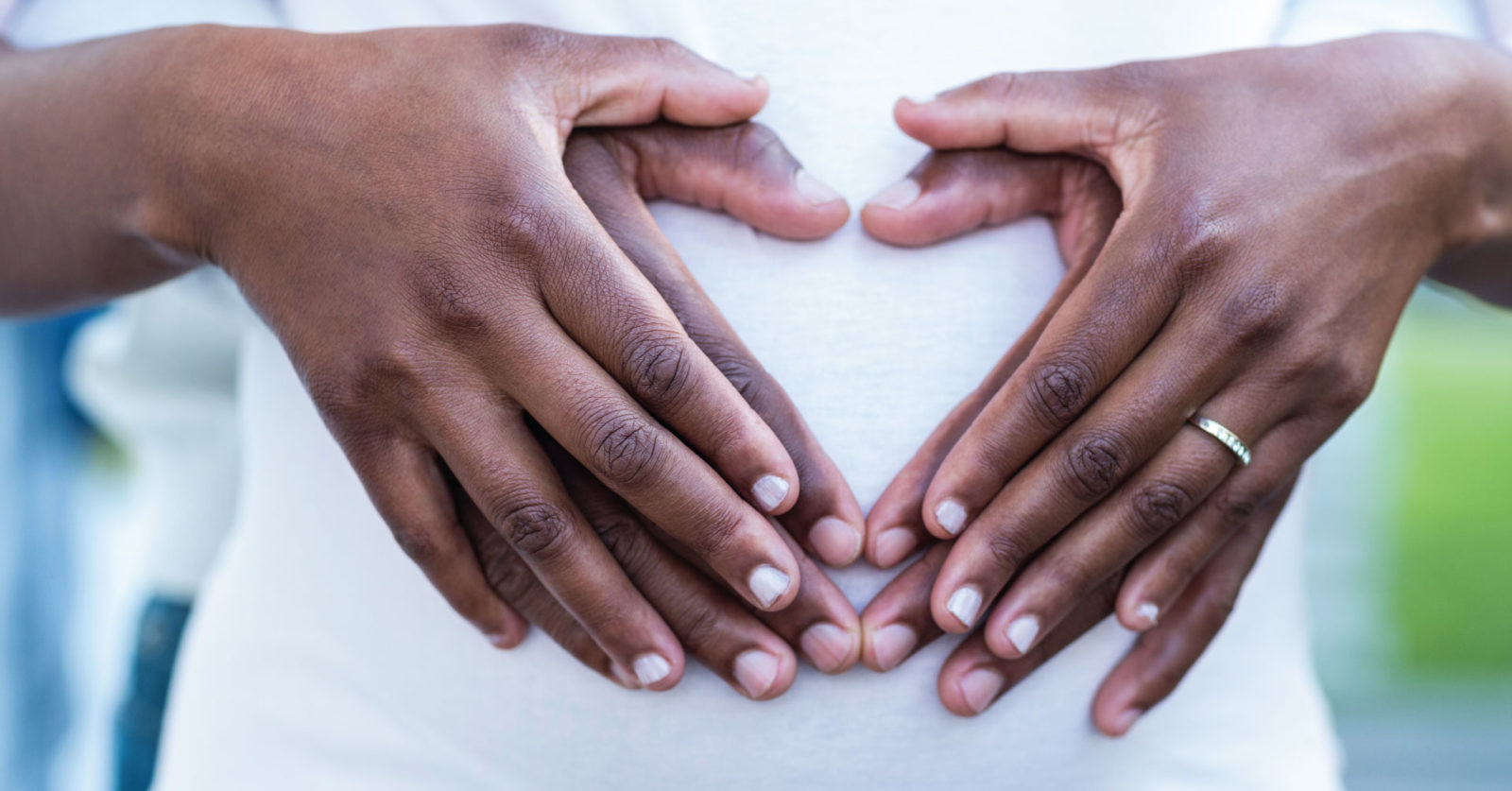Expecting a baby is supposed to be one of the most joyous times of a woman’s life. But whether a pregnancy will end with a celebration or a medical tragedy for the mom may hinge upon the color of her skin, according to a new report by the Centers for Disease Control and Prevention.
The CDC found that for 2011 through 2015, black women died of pregnancy-related causes at about three times the rate of white women. For non-Hispanic black women, there were 42.8 pregnancy-related deaths per 100,000 live births. By comparison, there were 13.0 pregnancy-related deaths per 100,000 live births for non-Hispanic white women.
The number of pregnancy-related deaths per 100,000 live births for women of other races and ethnicities was as follows:
- American Indian/Alaska Native (32.5)
- Asian/Pacific Islander (14.2)
- Hispanic (11.4)
All told, the CDC found that 700 women die each year from pregnancy-related complications. The high number makes the U.S. one of only 13 countries in the world where the rate of maternal mortality is worse than what it was 25 years ago.
What Factors Contribute to Pregnancy-Related Deaths?
In addition to examining pregnancy-related deaths from 2011 to 2015, the CDC also reviewed data from 2013 to 2017 provided by maternal mortality review committees (MMRCs) of 13 states. Based on the state data, the agency identified five thematically coded factors that contribute to pregnancy-related deaths. They are:
Community Factors
- Access to clinical care
- Unstable housing
- Lack of, or inadequate, transportation options
- Obesity and associated chronic disease complications
Health Facility Factors
- Limited experience with obstetric emergencies
- Lack of appropriate personnel or services
- Lack of guiding protocols or tools to help ensure quality care provision
Patient/Family Factors
- Lack of knowledge of warning signs or need to seek care
- Nonadherence to medical regimens or advice
Provider Factors
- Missed or delayed diagnosis
- Inappropriate or delayed treatment
- Lack of continuity of care
System-Level Factors
- Inadequate receipt of care
- Case coordination or management
- Guiding policies, procedures, or standards not in place
Are Pregnancy-Related Deaths Preventable?
The CDC concluded that most pregnancy-related deaths are preventable. This conclusion underscores the need to identify and implement strategies to address the five factors that contribute to maternal mortality.
Prevention strategies recommend by the 13 state MMRCs include:
- Addressing community factors by expanding clinical office hours and the number of providers who accept Medicaid, prioritizing pregnant and postpartum women for temporary housing programs, and improving access to transportation.
- Addressing health facility factors by implementing obstetric emergency protocols and simulation training, providing telemedicine for facilities without on-site obstetric expertise, and implementing systems to foster communication among multiple providers.
- Addressing patient-level factors by improving patient education materials and providing home health and patient support services.
- Addressing provider-level factors by offering provider education to reduce missed or delayed diagnoses, implementing a maternal early warning system, and improving hand-off communication between obstetricians and other providers.
- Addressing system-level factors by developing policies to ensure that women deliver at a health facility with an appropriate level of maternal care and extending Medicaid coverage for pregnant women to include one year of postpartum care.
Heightened Public Awareness
While the data is disheartening, public awareness of the maternal health crisis faced by black women is rising due in large part to U.S. politics and pop culture. The unprecedented level of recognition offers reasons for hope that reforms will be forthcoming.
In particular, Sens. Kamala Harris (Calif.) and Elizabeth Warren (Mass.) have made tackling racial disparities in maternal health a core component of their political platforms as they seek the Democratic presidential nomination.
In May, Harris introduced a Senate bill that, if passed, would pump $25 million into establishing implicit bias training within the medical profession. The bill also would set aside $125 million to be used to identify moms with high-risk pregnancies and provide them with “the culturally competent care and resources they need.” A similar bill introduced by Harris in 2018 did not receive a vote.
In April, Harris introduced a resolution to name April 11-17, 2019, as Black Maternal Health Week to raise awareness of the maternal health crisis black women face in the U.S.
Warren has proposed a system — building upon lessons learned from the Affordable Care Act — that would reward hospitals that show reduced mortality rates for black mothers.
Also, tennis star Serena Williams shined a spotlight on black women’s maternal health in a Vogue magazine interview in 2018. Williams, who has a medical history of blood clots and pulmonary embolism, shared her story of trying to convince medical professionals to take her seriously when she recognized the symptoms of an imminent medical emergency following the delivery of her daughter by C-section.
Fortunately, Williams got the life-saving treatment that she needed. But the episode left many wondering how other black women — without the benefit of fame and financial resources — fare when they experience life-threatening pregnancy-related complications.
To read about how new moms are dying up to one year after delivery Click Here.
